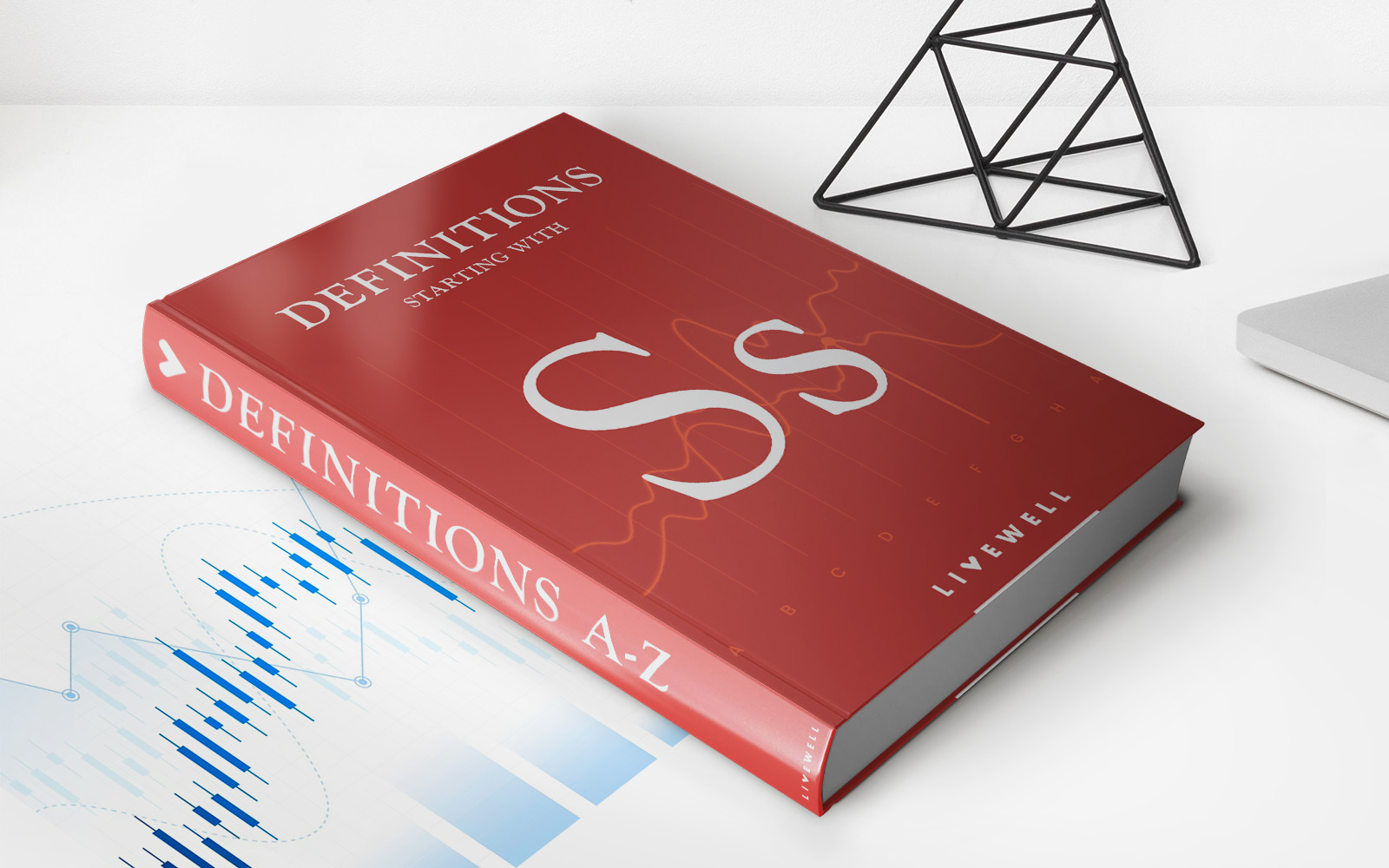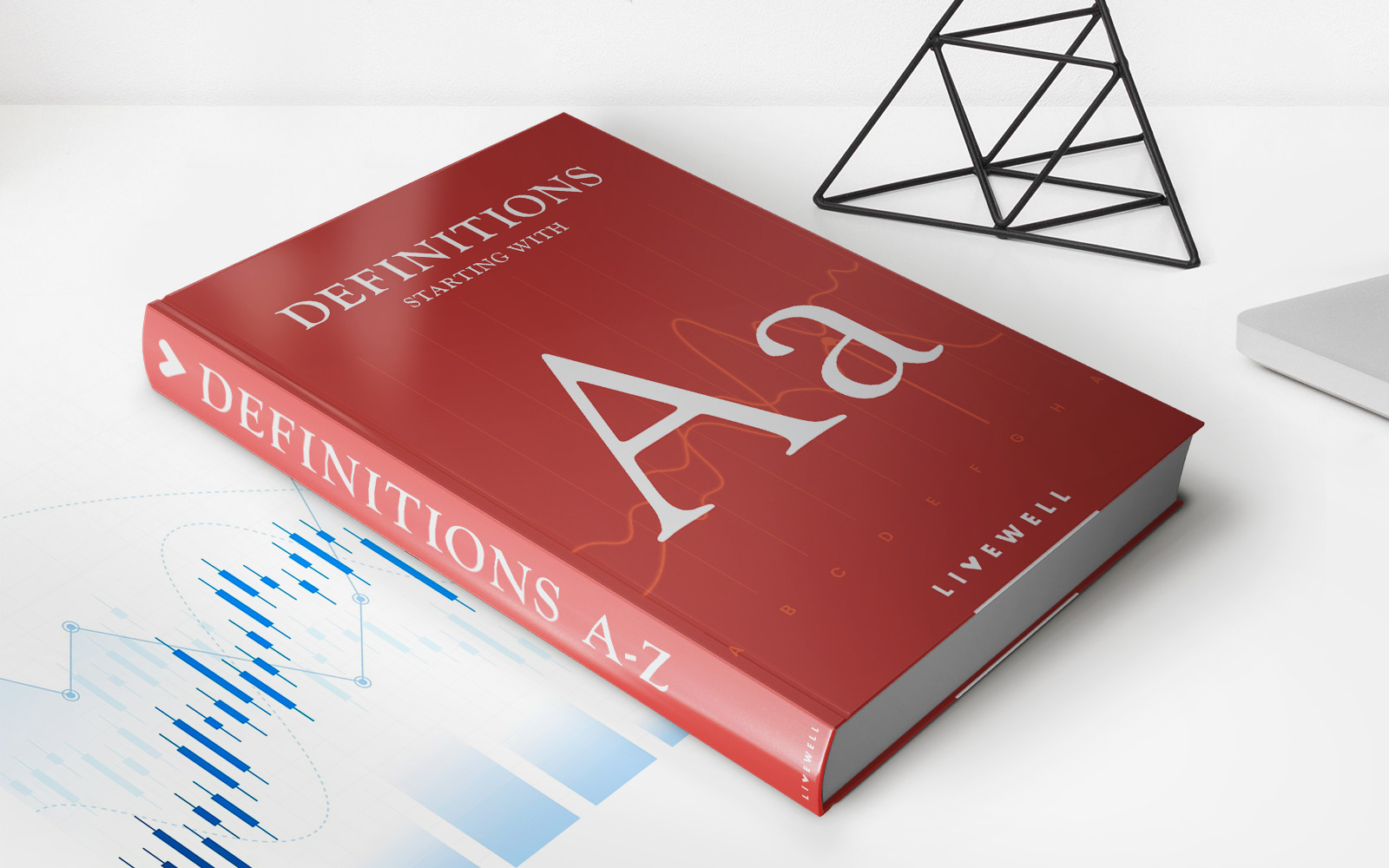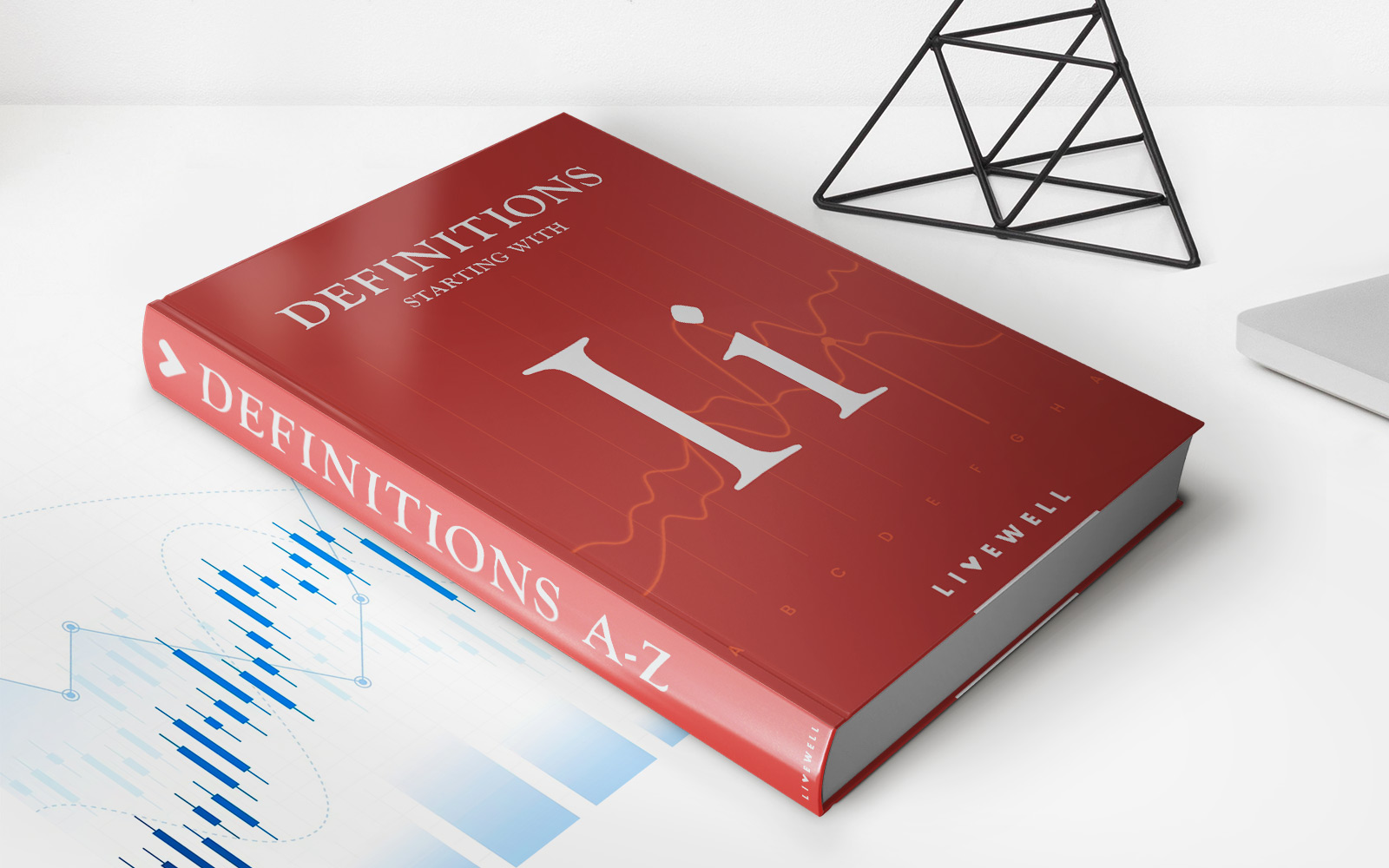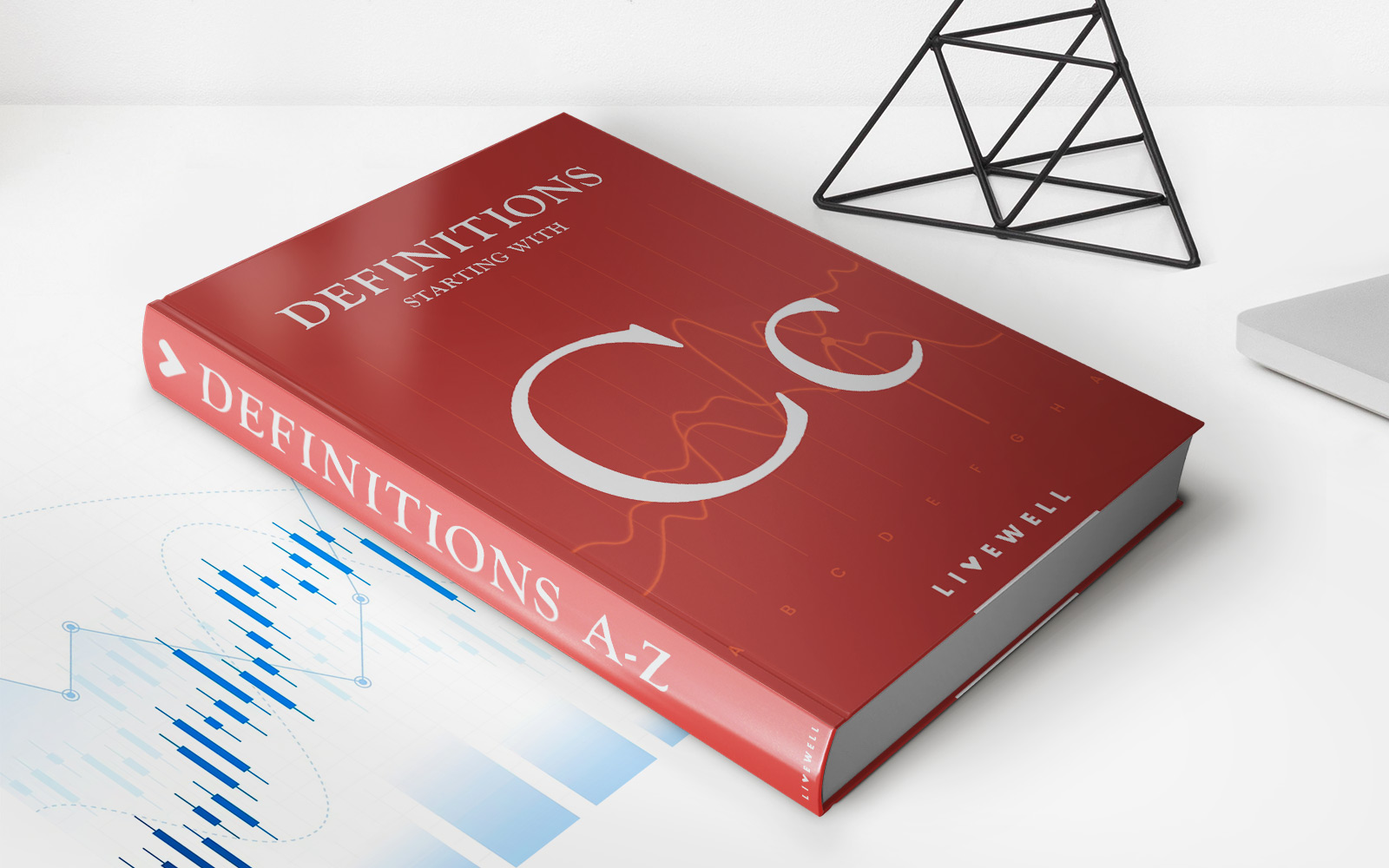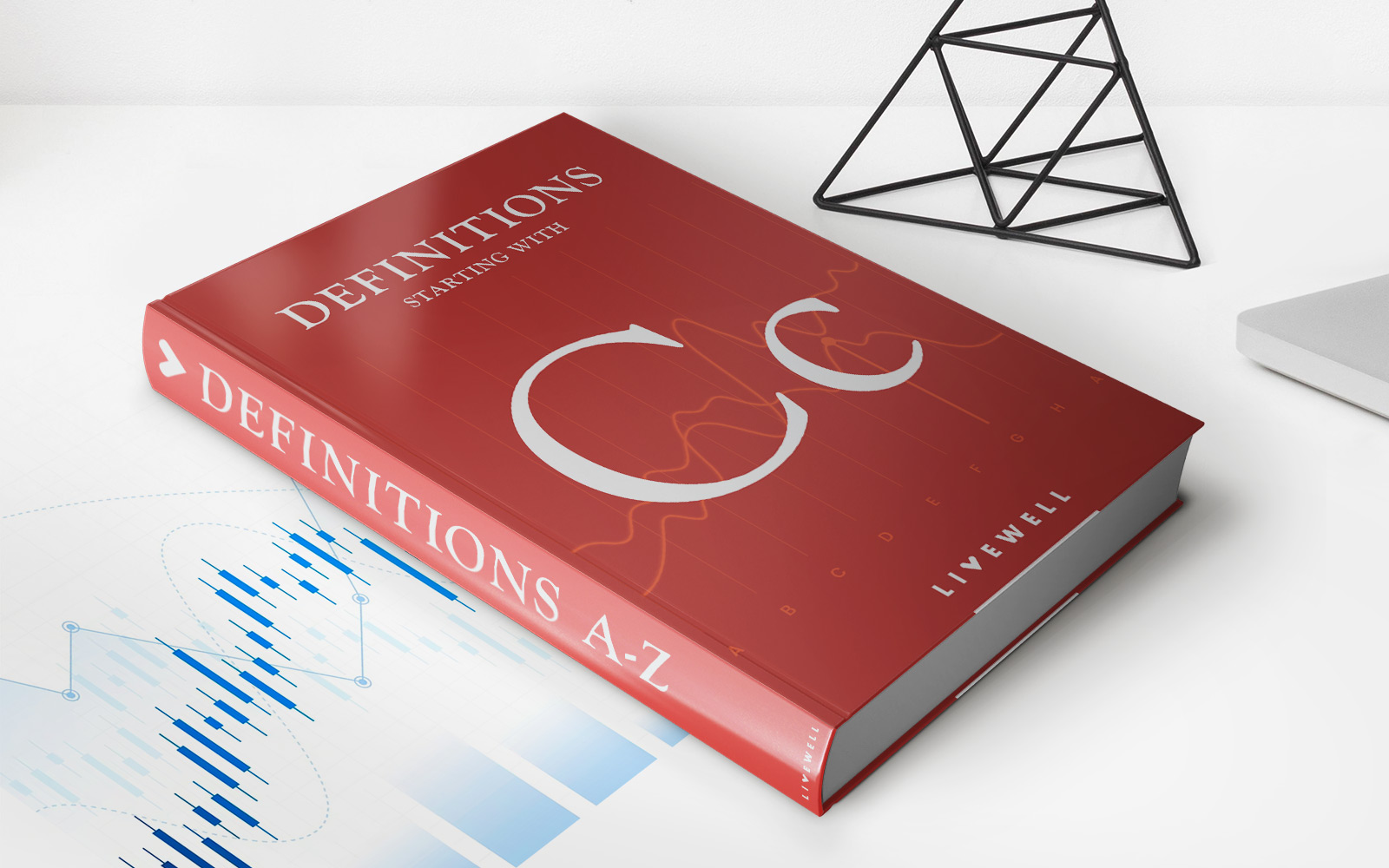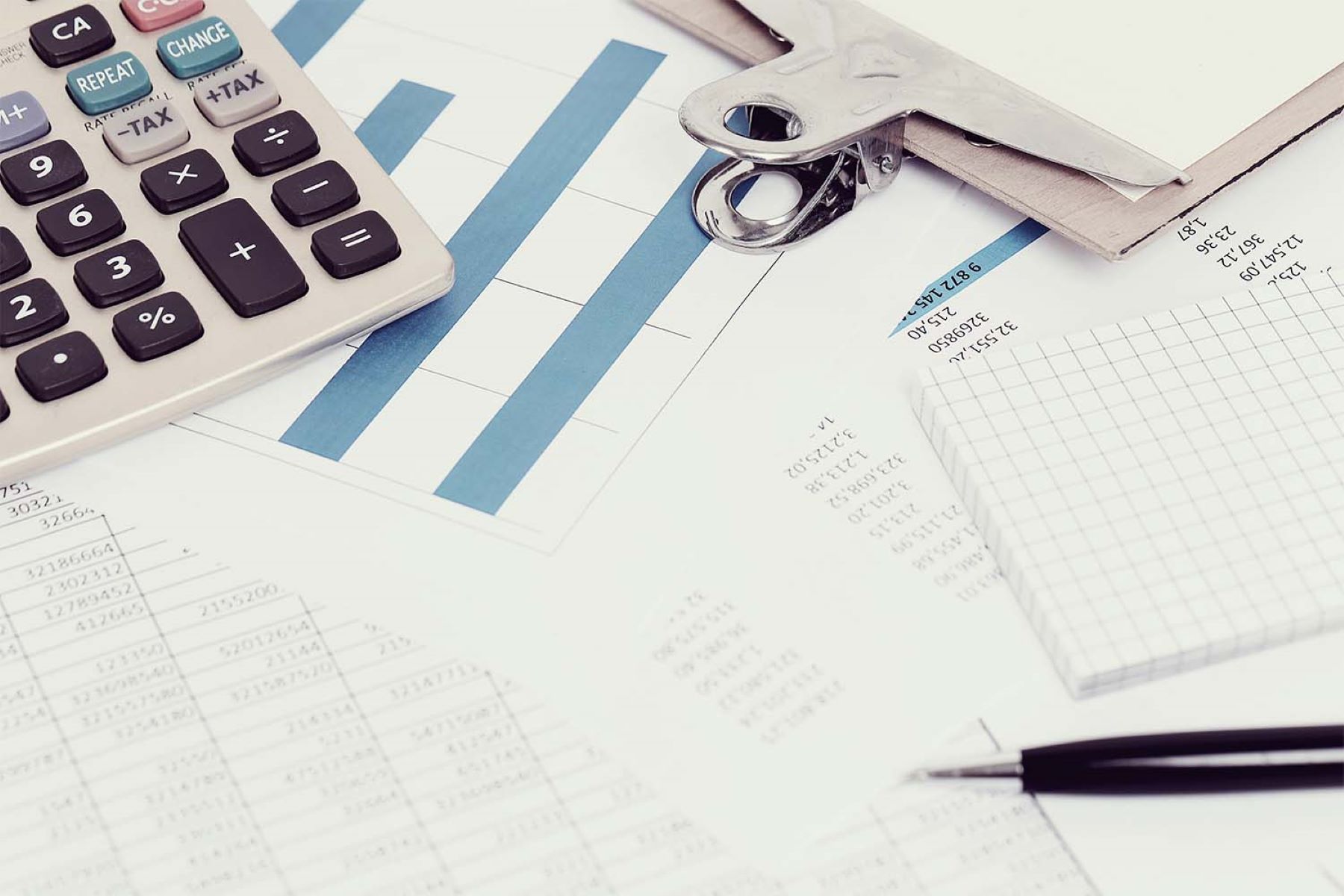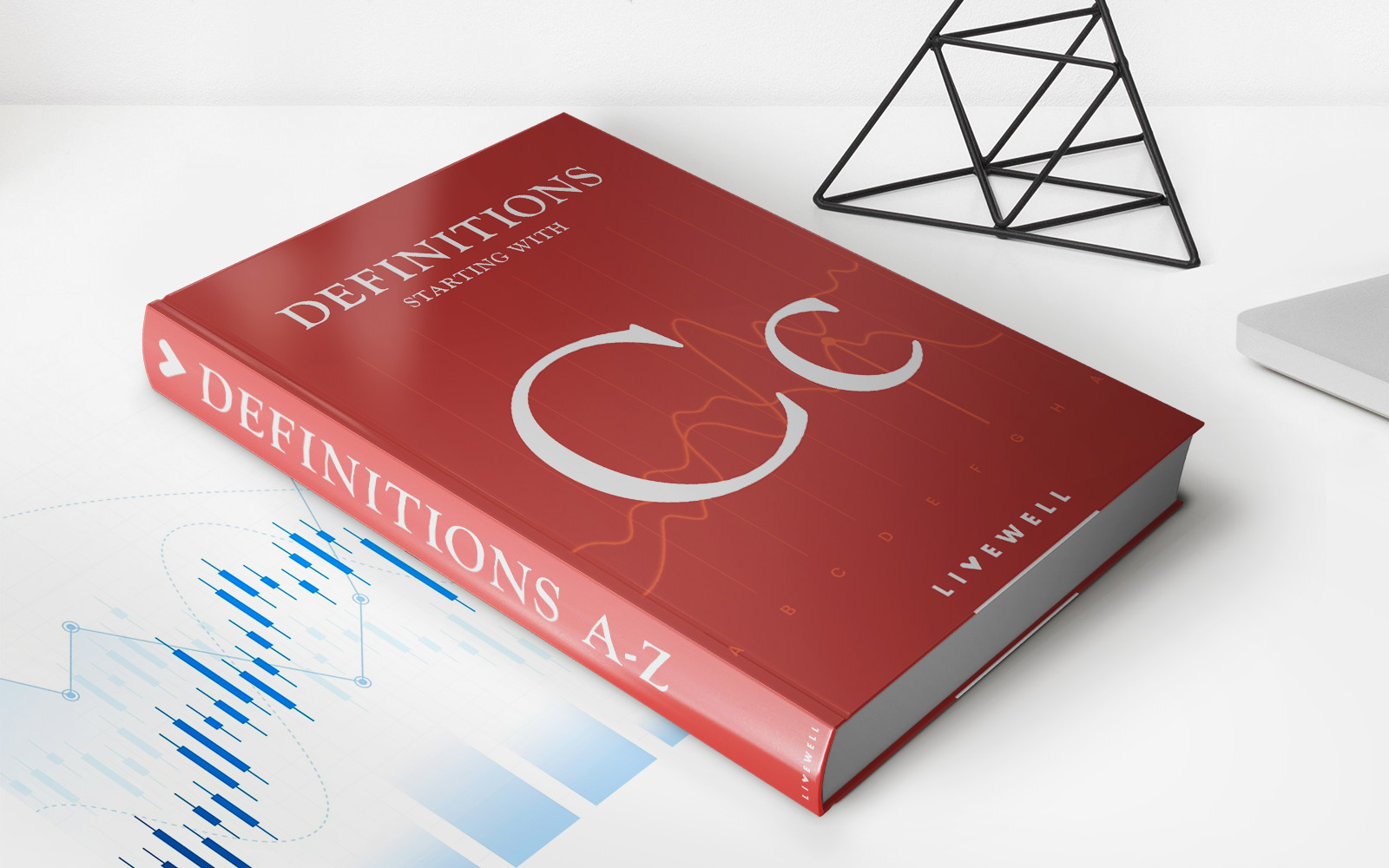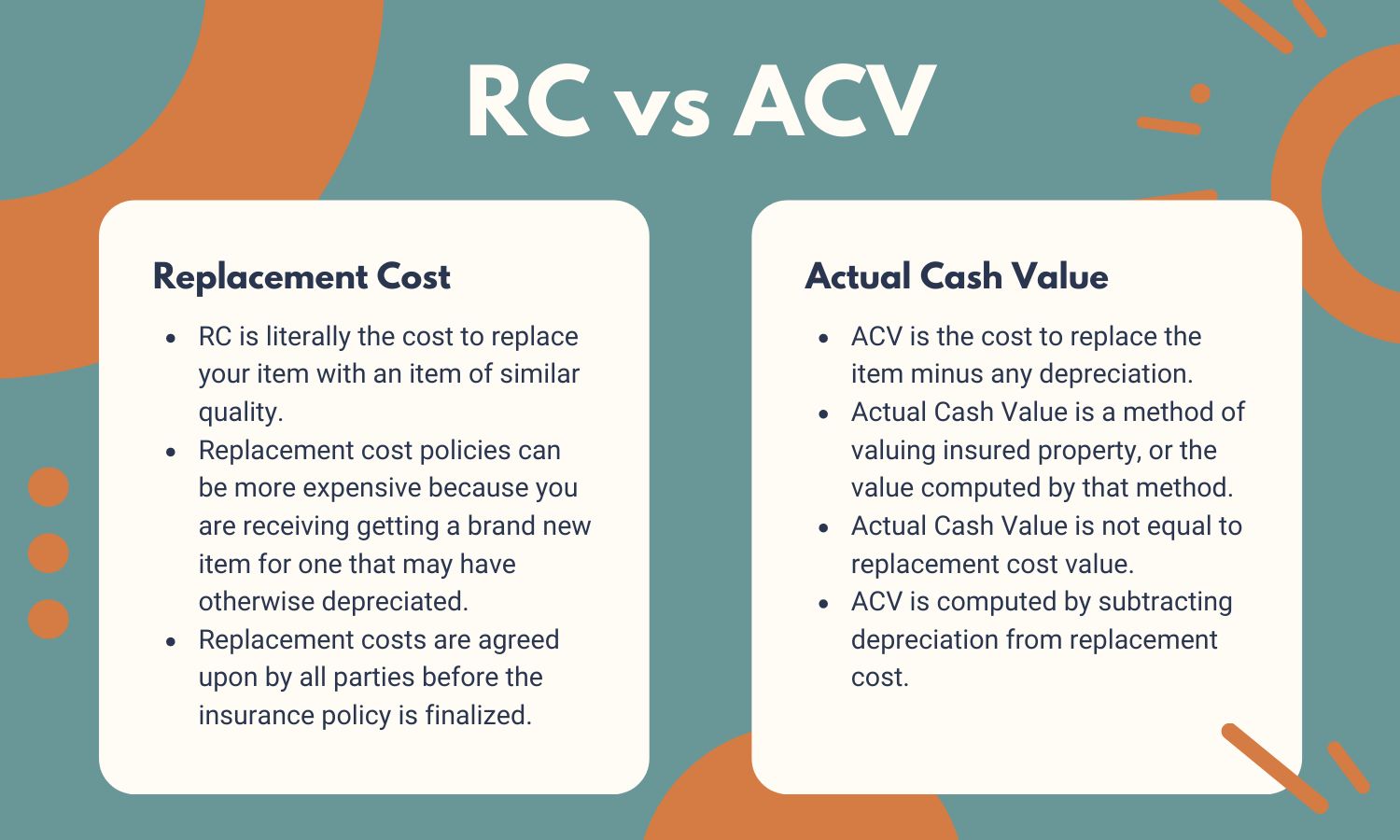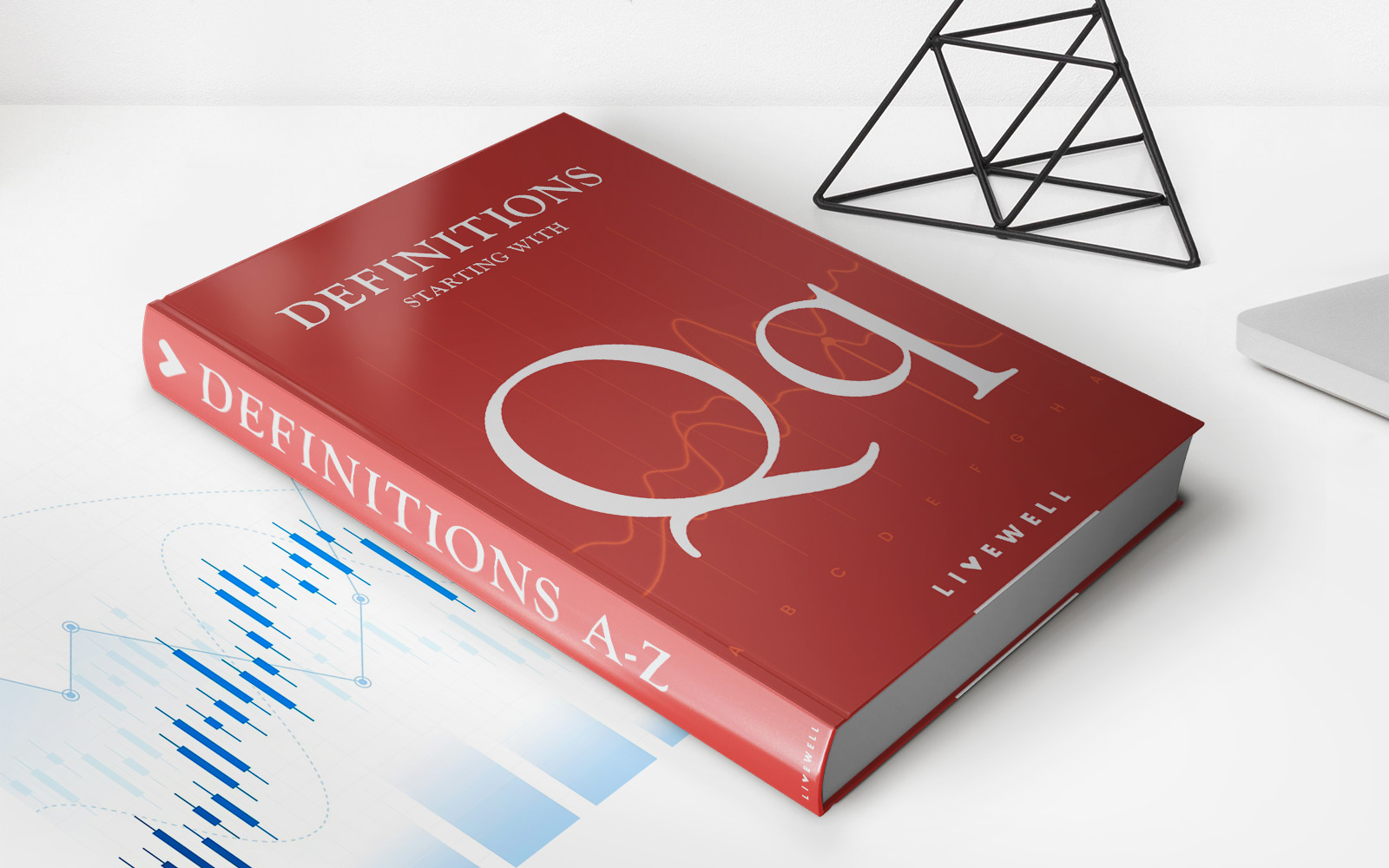

Finance
How To Study For An Accounting Exam
Published: October 9, 2023
Learn effective strategies and techniques to ace your finance exams with our comprehensive guide on how to study for an accounting exam.
(Many of the links in this article redirect to a specific reviewed product. Your purchase of these products through affiliate links helps to generate commission for LiveWell, at no extra cost. Learn more)
Table of Contents
- Introduction
- Importance of Studying for an Accounting Exam
- Understanding the Exam Format
- Creating a Study Schedule
- Reviewing Class Notes and Textbooks
- Utilizing Additional Resources
- Practicing with Past Exams and Sample Questions
- Working on Problem-Solving Skills
- Collaborating with Study Groups or Partners
- Managing Time Effectively During the Exam
- Implementing Effective Study Techniques
- Taking Care of Physical and Mental Well-being During the Study Period
- Conclusion
Introduction
Studying for an accounting exam can be a daunting task, but with the right approach and strategies, you can increase your chances of success. Accounting is a fundamental aspect of business, and having a solid understanding of its principles and concepts is crucial for anyone pursuing a career in finance or related fields. Whether you are a student preparing for a college accounting exam or a professional looking to enhance your knowledge, this article will provide you with valuable tips and techniques to effectively study for an accounting exam.
Accounting exams can vary in format, ranging from multiple-choice questions to problem-solving scenarios. Understanding the exam format is essential as it allows you to tailor your study approach accordingly. It is not enough to simply memorize information; you need to be able to apply accounting concepts to real-life situations. This requires a combination of conceptual understanding, critical thinking, and practical application.
To make the most of your study time, it is crucial to create a study schedule that allows for adequate preparation. Break down the topics or chapters that you need to cover and allocate specific time slots for each. This will help you stay organized and ensure that you cover all the necessary material before the exam. Be realistic with your time allocation and be sure to include breaks to avoid burnout.
When studying for an accounting exam, it is essential to review your class notes and textbooks. Class notes often contain key insights and explanations provided by your instructor, while textbooks provide additional explanations and examples. Take the time to go through these resources, highlighting important points and making summary notes. This will reinforce your understanding of the material and serve as a handy reference during your exam preparation.
In addition to class notes and textbooks, there are other valuable resources available to help you study effectively. Online courses, video tutorials, and accounting software can provide interactive learning experiences. Take advantage of these resources to gain a deeper understanding of complex concepts and practice applying them in different scenarios. These resources can also help you stay engaged and motivated throughout your study period.
Practicing with past exams or sample questions is an excellent way to familiarize yourself with the types of questions you may encounter during the actual exam. Reviewing past exams can help you identify any knowledge gaps and allows you to work on your time management skills. It is essential to simulate exam conditions as closely as possible, setting a timer and answering questions within the allocated time frame. This will help you build confidence and reduce exam anxiety.
Importance of Studying for an Accounting Exam
Studying for an accounting exam is essential for several reasons. Whether you are a student or a working professional, investing time and effort into exam preparation can yield significant benefits. Here are some key reasons why studying for an accounting exam is crucial:
- Knowledge acquisition: Accounting exams are designed to assess your understanding of key accounting principles and concepts. By studying for the exam, you deepen your knowledge and gain valuable insights into financial reporting, taxation, auditing, and other essential areas of accounting.
- Academic success: For students pursuing a degree or certification in accounting, performing well in exams is crucial for academic success. The knowledge and skills acquired through studying for exams not only contribute to good grades but also lay a strong foundation for a successful accounting career.
- Career advancement: For professionals in the accounting field, continuous learning and skill development are key to career advancement. By studying for accounting exams, you stay updated with the latest developments in accounting standards, regulations, and practices. This knowledge can enhance your credibility, open doors to new career opportunities, and increase your chances of promotions.
- Professional competence: Studying for accounting exams validates your professional competence in the field. It demonstrates your ability to apply accounting principles and solve real-world accounting problems. This can be particularly valuable when seeking employment or pursuing client engagements as an accountant or financial professional.
- Ethical understanding: Accounting ethics play a crucial role in the profession. By studying for accounting exams, you gain a deeper understanding of ethical considerations and responsibilities in accounting practice. This knowledge is invaluable in upholding integrity, ensuring financial transparency, and making ethical decisions in the accounting profession.
Studying for an accounting exam requires discipline, dedication, and critical thinking skills. It not only prepares you for the exam itself but also equips you with a solid foundation of accounting knowledge and skills. It allows you to approach accounting tasks and challenges with confidence and precision.
While the immediate goal of studying for an accounting exam is to perform well on the exam, the long-term benefits extend far beyond that. The knowledge, skills, and professional competence acquired through exam preparation contribute to your overall growth and success in the accounting field.
Therefore, it is crucial to approach exam preparation seriously and invest sufficient time and effort. By doing so, you enhance your understanding of accounting principles, increase your career prospects, and position yourself as a competent and ethical accounting professional.
Understanding the Exam Format
Before you begin studying for an accounting exam, it is essential to have a clear understanding of the exam format. Different exams may have different formats, and knowing what to expect will help you tailor your study plan accordingly. Here are some common types of exam formats you may encounter:
- Multiple-Choice Questions (MCQs): This format involves selecting the correct answer from a list of options. MCQs test your knowledge and understanding of accounting concepts, principles, and terminology. Pay attention to the wording of the questions and read all the options carefully before selecting your answer.
- Problem-Solving Questions: These questions assess your ability to apply accounting principles to real-life scenarios. You may be required to analyze financial statements, calculate ratios, or make journal entries. Practice solving similar problems to develop your problem-solving skills and ensure you understand the underlying concepts.
- Essay Questions: Essay questions require you to provide detailed written responses. These questions assess your ability to explain concepts, analyze accounting issues, and articulate your thoughts effectively. Familiarize yourself with key accounting concepts and practice writing concise and coherent essays to effectively address essay questions.
- Cases or Scenarios: Some accounting exams may present you with case studies or scenarios involving complex accounting problems. These questions require you to analyze the given information, apply relevant accounting principles, and provide well-supported solutions. Familiarize yourself with different types of cases and practice analyzing and solving them within a limited time frame.
In addition to understanding the format, it is essential to familiarize yourself with the exam structure and requirements. Find out how many questions or tasks you will need to complete, how much time you have, and how the exam is graded. This information will help you plan your study time and develop effective time management strategies during the exam.
While studying for an accounting exam, it is also beneficial to review past exam papers or practice questions provided by your instructor or textbook. This will give you a better understanding of the types of questions you are likely to encounter and help you become comfortable with the exam format. Practice under timed conditions to build your speed and accuracy in answering questions.
By understanding the exam format and familiarizing yourself with past exams or practice questions, you will be better prepared to tackle the exam confidently. Develop specific study strategies for each type of question and allocate study time accordingly. This approach will ensure that you are not only well-versed in accounting concepts but also familiar with the exam format, leading to improved performance on the actual exam.
Creating a Study Schedule
When it comes to studying for an accounting exam, having a well-structured study schedule is crucial. A study schedule helps you stay organized, efficiently manage your time, and ensures that you cover all the necessary material before the exam. Here are some steps to create an effective study schedule:
- Assess the exam content: Start by reviewing the exam syllabus or content outline to identify the topics or chapters you need to cover. Understand the weightage or importance of each topic to prioritize your study time accordingly. This will help you allocate sufficient time to more challenging or heavily weighted areas.
- Break it down: Divide the material into manageable chunks. Break down the topics or chapters into smaller subtopics that you can cover in a single study session. This allows you to focus on one specific area at a time and prevents overwhelm. It also helps in tracking your progress and ensuring that you cover all the necessary material.
- Set realistic goals: Determine how much time you have available for studying each day, taking into account any other commitments or responsibilities. Be realistic and honest with yourself about the amount of studying you can realistically accomplish within the available time. Set achievable goals for each study session to stay motivated and maintain a sense of accomplishment.
- Create a schedule: Use a planner or a digital calendar to map out your study schedule. Allocate specific time slots for each study session, ensuring that you consider your energy levels and personal preferences. Some people may prefer studying in the morning, while others may be more productive in the evening. Find the study times that work best for you and stick to them as much as possible.
- Balance your study sessions: Alternate between different topics or subtopics to keep your study sessions engaging and prevent burnout. Do not spend too much time on a single topic, as it can lead to diminishing returns. Aim for a balanced distribution of study time among different subjects and topics, making sure to cover all the relevant material.
- Include breaks: Breaks are essential for maintaining focus and preventing mental fatigue. Incorporate short breaks between study sessions to relax and recharge. Use this time to stretch, take a walk, or engage in a quick enjoyable activity. Avoid multitasking during breaks, as it can disrupt your concentration when you resume studying.
- Review and adjust: Regularly review your study schedule and assess your progress. If you find that you are falling behind or need more time for certain topics, make adjustments accordingly. Be flexible and adapt your study schedule as needed, while still ensuring that you cover all the necessary material before the exam.
- Stick to the schedule: Creating a study schedule is one thing, but sticking to it is another. Discipline and consistency are key to effective studying. Commit to following your schedule as closely as possible, and hold yourself accountable. Minimize distractions during your study sessions, create a conducive study environment, and stay focused on the task at hand.
Remember, a study schedule is a tool to help you manage your time effectively and ensure productive study sessions. However, it should also allow for flexibility and adaptability. Find a study schedule that works best for you and helps you achieve your study goals while maintaining a healthy work-life balance.
Reviewing Class Notes and Textbooks
When studying for an accounting exam, reviewing your class notes and textbooks is a critical step in reinforcing your understanding of the material. Class notes provide valuable insights and explanations shared by your instructor, while textbooks offer in-depth explanations and examples. Here are some tips for effectively reviewing class notes and textbooks:
- Organize your class notes: Ensure that your class notes are well-organized and comprehensible. If you have notes from multiple lectures or classes, consider creating a separate folder or notebook for each. Use headings, subheadings, and bullet points to structure your notes and make them easier to review later.
- Fill in any missing information: Review your class notes and identify any gaps in your understanding or missing information. If there are any concepts or topics that you didn’t fully grasp during the lecture, seek additional resources to fill in those gaps. This could involve consulting textbooks, online articles, or reaching out to your instructor or classmates for clarification.
- Highlight key points: As you review your class notes, highlight or underline important concepts, formulas, examples, or explanations. This will make it easier to quickly locate and revise the essential information before the exam. Use different colors or symbols to denote different types of information, such as definitions, calculations, or case studies.
- Summarize the material: After reviewing your class notes, take the time to summarize the main points in your own words. This exercise helps reinforce your understanding and retention of the material. Write brief summaries or create concept maps to connect related ideas and concepts. Summarizing the material can also be helpful when revisiting the content closer to the exam date.
- Utilize your textbooks: Textbooks are a valuable resource for studying accounting topics in-depth. Read the corresponding textbook chapters alongside your class notes to gain a comprehensive understanding of the subject matter. Pay attention to the explanations, examples, and practice questions provided in the textbook. Work through the exercises and review the solutions to check your comprehension.
- Make use of supplementary resources: In addition to class notes and textbooks, explore supplementary resources such as study guides, online resources, or video tutorials. These resources can provide alternative explanations or examples that may enhance your understanding of complex accounting concepts.
- Create flashcards or visual aids: For important terms, definitions, or formulas, consider creating flashcards or visual aids. Flashcards help with memorization and quick recall. Visual aids, such as diagrams or flowcharts, can be useful in illustrating complex processes or relationships between different accounting concepts.
- Test your understanding: After reviewing your class notes and textbooks, test your understanding by attempting practice questions or quizzes related to the material. This will help you assess your knowledge and identify any areas that need further review. Seek feedback on your answers to improve your comprehension further.
By actively reviewing your class notes and textbooks, you reinforce your understanding of accounting concepts and principles. Regularly revisit and revise the material to ensure that it stays fresh in your mind as you progress towards the accounting exam. Remember to stay engaged and curious, asking questions and seeking clarification whenever necessary.
Utilizing Additional Resources
When studying for an accounting exam, it’s important to go beyond your class notes and textbooks and explore additional resources. Supplementing your study materials with other resources can provide different perspectives, deeper insights, and practical examples to enhance your understanding of accounting concepts. Here are some additional resources that you can utilize:
- Online Courses: Online platforms such as Coursera, Udemy, or Khan Academy offer a wide range of accounting courses. These courses provide interactive video lectures, quizzes, and assignments that can reinforce your understanding of accounting topics. Take advantage of these courses to gain a deeper understanding of complex concepts or to review specific areas that you find challenging.
- Video Tutorials: Video tutorials, available on platforms like YouTube, can be an engaging way to learn and reinforce accounting concepts. There are various channels and creators who specialize in accounting education. Search for specific topics or concepts that you need clarification on, and learn from visual explanations and examples provided in these videos.
- Accounting Software: Familiarizing yourself with accounting software like QuickBooks, Xero, or Sage can be beneficial in understanding real-world accounting processes and workflows. Many of these software providers offer free trials or demos, allowing you to explore the software’s features and practice recording transactions and generating financial reports. Hands-on experience with accounting software can give you a practical understanding of how accounting principles are applied in practice.
- Financial Publications: Stay up-to-date with the latest developments in the accounting field by reading financial publications such as The Wall Street Journal, Financial Times, or Forbes. These publications cover news, trends, and discussions related to accounting regulations, emerging topics, and industry insights. Keeping yourself informed about current accounting issues can help you have a broader perspective and a deeper understanding of the subject matter.
- Professional Accounting Organizations: Joining professional accounting organizations, such as the American Institute of Certified Public Accountants (AICPA) or the Association of Chartered Certified Accountants (ACCA), can provide access to additional resources. These organizations often offer study materials, webinars, forums, and networking opportunities that can supplement your exam preparation and provide insights into the accounting profession.
- Peer Discussion and Study Groups: Collaborating with classmates or forming study groups can create an environment for discussing and exchanging ideas. Engaging in discussions can help clarify difficult concepts, share different insights, and challenge your understanding. Explaining accounting concepts to others can deepen your own understanding and reinforce your knowledge.
- Practice Exams and Sample Questions: Seek out practice exams or sample questions related to your accounting exam. Practice exams can simulate exam conditions and help you gauge your readiness. They also allow you to identify areas for improvement and practice time management. Look for resources provided by your instructor, online study platforms, or textbooks that offer practice questions aligned with exam format and difficulty.
By utilizing these additional resources, you can gain a more diversified perspective on accounting concepts and develop a well-rounded understanding. Remember to choose reputable sources and verify the accuracy and relevance of the information provided. Incorporating these resources into your study routine can enhance your exam preparation and contribute to your overall success in the accounting exam.
Practicing with Past Exams and Sample Questions
One effective way to prepare for an accounting exam is by practicing with past exams and sample questions. These resources provide valuable insight into the types of questions you may encounter and allow you to assess your knowledge and readiness for the actual exam. Here are some key reasons why practicing with past exams and sample questions is beneficial:
- Familiarity with the Exam Format: Practicing with past exams helps you become familiar with the format, structure, and style of the actual exam. It allows you to understand the types of questions, the level of difficulty, and the time constraints you may face during the exam. This familiarity can reduce test anxiety and boost your confidence on exam day.
- Identification of Knowledge Gaps: Working on past exams and sample questions helps you identify any knowledge gaps or weak areas in your understanding of accounting concepts. When you struggle with certain questions, it indicates which topics or concepts require further attention and review. This allows you to focus your study efforts on areas that need improvement.
- Application of Accounting Concepts: Practicing with past exams requires you to apply accounting principles and concepts to different scenarios and problems. This application-based learning enhances your ability to analyze financial information, interpret accounting data, and make informed decisions. It prepares you to handle real-world accounting situations with confidence.
- Time Management Skills: Working on past exams and sample questions under timed conditions helps you develop essential time management skills. By allocating the appropriate amount of time to each question and section, you learn to prioritize and manage your time effectively during the exam. Practice improves your speed and accuracy, allowing you to answer questions efficiently within the given time frame.
- Building Confidence: Repeatedly practicing with past exams and sample questions builds confidence in your ability to tackle challenging accounting problems. As you become more accustomed to the question formats and successfully answer them, you develop a sense of assurance in your knowledge and problem-solving skills. This confidence can positively impact your performance on the actual exam.
To make the most of past exams and sample questions, follow these tips:
- Start Early: Begin practicing with past exams and sample questions well in advance of your actual exam date. This allows you sufficient time to work through a variety of questions and identify areas where you need improvement.
- Analyze Mistakes: When reviewing your answers, pay close attention to the questions you answered incorrectly. Understand why you made those mistakes and analyze the concepts or areas that you need to revisit. This process enhances your understanding and helps you avoid similar mistakes in the future.
- Vary the Difficulty: Use a mixture of past exams and sample questions, including both easier and more challenging ones. This prepares you for a range of question styles and difficulty levels, ensuring that you are well-prepared for the actual exam.
- Simulate Exam Conditions: Whenever possible, simulate exam conditions while practicing with past exams. Time yourself, create a quiet and focused environment, and work through the questions without interruptions. This will help you adapt to the time constraints and pressure of the actual exam.
- Review Model Answers: If model answers or solutions are provided for past exams or sample questions, review them carefully. Understand the approach, reasoning, and calculations used to arrive at the correct answers. This analysis helps you gain valuable insights into the expected format and expectations of the examiners.
Practicing with past exams and sample questions is an essential component of effective exam preparation. It sharpens your problem-solving skills, identifies areas for improvement, and builds confidence. Combined with a comprehensive study plan, it maximizes your chances of success in the accounting exam.
Working on Problem-Solving Skills
Developing strong problem-solving skills is crucial for success in an accounting exam. Many accounting questions require you to analyze complex scenarios, identify relevant information, and apply accounting principles to arrive at a solution. Here are some strategies to enhance your problem-solving skills:
- Understand the Problem: Read the problem or question carefully, paying attention to the details and requirements. Identify the key information and the desired outcome. Break down the problem into smaller components to gain a clear understanding of what needs to be solved.
- Analyze the Facts: Analyze the given information and identify any additional information needed to solve the problem. Consider the relevant accounting principles and concepts that apply to the situation. With a deep understanding of the underlying principles, you can make more accurate and informed decisions.
- Apply Critical Thinking: Engage in critical thinking by questioning assumptions, examining different perspectives, and considering potential implications or consequences. Evaluate the strengths and weaknesses of different approaches and choose the most appropriate one based on the available information.
- Organize and Structure: Before beginning to solve the problem, organize your thoughts and create a logical structure for your solution. Break down the problem into smaller steps or stages. This systematic approach helps maintain clarity and ensures that you address all aspects of the problem.
- Use Diagrams and Visual Aids: For complex problems, consider using diagrams, charts, or visual aids to represent the information and relationships. Visualizing the problem can help you identify patterns, connections, and potential solutions. It also makes it easier to communicate your thought process and findings.
- Apply Accounting Principles: Apply the relevant accounting principles, concepts, and formulas to the problem at hand. Utilize your knowledge of accounting standards, regulations, and best practices to analyze financial data, interpret financial statements, and make informed decisions.
- Practice with Different Scenarios: Work on a variety of problem-solving scenarios to improve your skills. Practice with different types of accounting problems, including scenarios involving financial statements analysis, ratio calculations, journal entries, or budgeting. The more you expose yourself to different problem types, the better you’ll become at analyzing and solving them.
- Seek Feedback: After solving accounting problems, seek feedback from your instructor, peers, or online forums. Compare your approach and solution with others and learn from different perspectives. Constructive feedback helps you identify areas for improvement and refine your problem-solving techniques.
- Learn from Mistakes: Don’t be discouraged by mistakes or incorrect answers. Analyze your errors, understand why you made them, and learn from those mistakes. Assess the reasoning behind the correct solutions and identify any gaps in your understanding or thought process.
- Reflect and Improve: Regularly reflect on your problem-solving experiences and evaluate your progress. Continuously seek opportunities to hone your problem-solving skills by challenging yourself with new and complex accounting problems. Over time, your ability to analyze, deduce, and solve accounting problems will improve significantly.
Building strong problem-solving skills takes time and practice. By systematically approaching accounting problems, applying relevant principles, and seeking feedback, you can develop your ability to analyze and solve complex accounting scenarios. These skills will not only serve you well in your accounting exams but also in your future career as an accounting professional.
Collaborating with Study Groups or Partners
Collaborating with study groups or partners can significantly enhance your understanding and retention of accounting concepts. By working together, you can benefit from different perspectives, share insights, and engage in active discussions. Here are some reasons why collaborating with study groups or partners is beneficial:
- Sharing Knowledge: Each member of the study group brings unique insights and strengths to the table. By discussing accounting concepts with others, you can gain a deeper understanding of the material and explore different ways of approaching problems. Other group members may shed light on aspects that you may have overlooked or misunderstood.
- Clarifying Difficult Concepts: Accounting concepts can be complex, and discussions within a study group can help clarify any confusion. When faced with challenging topics or questions, collaborating with others allows you to ask for explanations, seek alternative viewpoints, and share different problem-solving techniques. Working through difficult concepts together can lead to a more comprehensive understanding.
- Accountability and Motivation: Study groups provide a sense of accountability and motivation. Knowing that others are counting on you to contribute and participate encourages regular study sessions and a commitment to staying on track. The group dynamic also fosters a supportive environment where members can motivate and encourage one another.
- Teamwork and Communication Skills: Collaborating in a study group helps improve teamwork and communication skills. You have the opportunity to articulate your thoughts, present your ideas, and engage in meaningful discussions. These skills are valuable not only in the context of an accounting exam but also in professional and real-world accounting environments.
- Division of Workload: Study groups can divide the workload by assigning different topics or chapters to each member. This allows for more comprehensive coverage of the exam material within a limited timeframe. Each member can specialize in their assigned area and then share their knowledge with the rest of the group.
- Peer Teaching and Learning: As part of a study group, you can take turns explaining accounting concepts or solving practice problems to your group members. Teaching others requires a deep understanding of the subject matter and reinforces your own knowledge. Similarly, you can learn from your peers’ explanations, gaining new perspectives and reinforcing your learning.
- Reviewing and Providing Feedback: In a study group setting, you can review and provide feedback on each other’s work. By reviewing each other’s study materials, summaries, or practice answers, you can offer valuable insights and suggestions for improvement. This collaborative feedback helps reinforce understanding and enhances the quality of exam preparation.
- Increasing Retention and Recall: Engaging in active discussions and verbalizing accounting concepts within a study group can enhance retention and recall. Explaining concepts to others and discussing different scenarios solidifies your understanding and reinforces your memory. This is known as the “learning by teaching” effect.
When collaborating with study groups or partners, it’s important to establish clear communication and set goals for each session. Here are some tips for effective collaboration:
- Establish a Schedule: Plan regular study sessions, ensuring that all group members are available. Find a balance that works for everyone and stick to the agreed-upon schedule.
- Assign Roles or Topics: Assign specific roles or topics to each member for focused preparation. This helps maximize productivity and ensures that all areas are covered.
- Active Participation: Actively engage in discussions, ask questions, and contribute your insights. Be open-minded and respectful of different viewpoints within the group.
- Share Resources: Share relevant study materials, practice questions, or helpful resources with your study group. Pooling resources and sharing different perspectives can enhance the effectiveness of your exam preparation.
- Keep the Group Size Manageable: A smaller study group is often more effective for focused discussions and individual participation. However, ensure the group is large enough to provide diverse insights and perspectives.
- Stay Focused and Balanced: Although study groups offer opportunities for social interaction, remember to maintain a balance between socializing and staying focused on the study objectives. Keep the primary goal of exam preparation in mind.
- Review and Reflect: After each study session, take time to reflect on the key takeaways and evaluate the effectiveness of the collaboration. Address any challenges or concerns, and make adjustments as needed.
Collaborating with study groups or partners can significantly enhance your exam preparation by facilitating active discussions, clarifying difficult concepts, and providing valuable perspectives. Embrace the opportunity to learn from others and leverage the collective knowledge and strengths within the group to excel in your accounting exam.
Managing Time Effectively During the Exam
Time management is crucial during an accounting exam to ensure that you can answer all the questions within the allocated time period. Poor time management can lead to incomplete answers or hastily written responses, resulting in a lower score. Here are some tips to help you manage your time effectively during the exam:
- Review the entire exam: Before starting, quickly review the entire exam to get an idea of the question types, point values, and difficulty levels. This will help you prioritize and allocate your time accordingly.
- Read the instructions carefully: Pay close attention to the instructions for each question. Make sure you understand what is being asked and the specific requirements. Misinterpreting the instructions can waste valuable time.
- Allocate time based on point values: Assign more time to questions with higher point values. This ensures that you give sufficient attention to questions that carry greater importance in terms of scoring.
- Create a time budget: Estimate the ideal time you would like to spend on each question or section. Create a rough time budget, keeping in mind the total time available for the entire exam. This helps you stay on track and prevents spending too much time on one question at the expense of others.
- Answer easier questions first: Start by answering the questions you find easier or more familiar. Tackling these questions early on builds confidence and saves time for more challenging ones later. It also helps prevent getting stuck on difficult questions early in the exam, potentially causing unnecessary time pressure.
- Manage question skipping: If you encounter a particularly challenging question, don’t spend too much time on it. Instead, mark it and move on to the next question. By doing so, you ensure that you have enough time to answer the remaining questions. Once you’ve answered all other questions, you can come back to the skipped question with any remaining time.
- Keep track of time: Regularly check the time during the exam to stay aware of how much time you have remaining. Use a watch or the clock in the exam room, if available. Divide the total available time by the number of questions to get an approximate time limit for each question.
- Manage your pace: Pace yourself throughout the exam to allocate enough time for each question. Avoid rushing through questions and sacrificing accuracy. Strike a balance between efficiency and accuracy to maintain a steady pace.
- Plan for review: Reserve some time at the end of the exam to review your answers. Double-check calculations, confirm that you answered all parts of each question, and ensure clarity in your responses. Use this time to make any necessary revisions or additions.
- Stay calm and focused: Keeping a calm and focused mindset is essential for effective time management. Don’t let stress or anxiety rush you through the exam or consume your attention. Take deep breaths, stay positive, and concentrate on one question at a time.
Remember, effective time management during an accounting exam is a skill that can be honed with practice. Experiment with different time management techniques during your study sessions to determine what works best for you. By managing your time effectively, you can ensure that you allocate sufficient time to all questions and optimize your chances of achieving a successful outcome in the exam.
Implementing Effective Study Techniques
Implementing effective study techniques is crucial for maximizing your retention and understanding of accounting concepts. These techniques can help you study efficiently and effectively, ensuring that you make the most of your study time. Here are some proven study techniques to consider:
- Active Learning: Engage in active learning by interacting with the study material instead of passively reading or listening. Summarize key concepts in your own words, create flashcards, and teach the material to someone else. This active involvement enhances your understanding and retention.
- Chunking: Break down complex accounting topics or chapters into smaller, manageable chunks. Focus on understanding and mastering one chunk before moving on to the next. This approach helps prevent overwhelm and promotes better comprehension of the material.
- Spaced Repetition: Space out your study sessions over time rather than cramming all at once. Reviewing material multiple times with intervals in between improves long-term retention. This technique allows your brain to strengthen connections and reinforce learning.
- Interleaving: Instead of studying one topic exclusively, mix different topics or subjects in your study sessions. Interleaving helps you make connections between different concepts, improve problem-solving skills, and enhance your overall comprehension.
- Practice Testing: Incorporate practice testing into your study routine. Use flashcards, practice questions, or mock exams to test your understanding and recall of accounting concepts. Practice testing aids in memory consolidation and helps identify areas that need further review.
- Visual Learning: Utilize visual aids such as diagrams, charts, or mind maps to represent complex accounting processes or relationships. Visual learning can enhance your understanding of abstract concepts and make information more memorable.
- Teach Others: Teaching others is a powerful technique for consolidating your own learning. Explain accounting concepts to a study partner, a classmate, or even an imaginary audience. Teaching requires you to simplify and articulate complex ideas, reinforcing your own understanding.
- Study in a Distraction-Free Environment: Find a quiet and comfortable study environment free from distractions that can interrupt your focus. Minimize noise, put away your phone, and avoid multitasking. Concentrated, uninterrupted study sessions improve information absorption and retention.
- Utilize Technology: Leverage technology to enhance your study experience. Use accounting software, online resources, or study apps to access additional practice questions, video tutorials, or interactive learning tools. Technology can make studying more engaging and accessible.
- Take Breaks: Incorporate regular breaks into your study sessions. Short breaks allow your brain to rest and recharge. Use this time to stretch, take a walk, or engage in a quick, enjoyable activity. Breaks contribute to better focus and prevent burnout.
Experiment with different study techniques to find a combination that works best for you. Everyone has unique learning preferences, so adapt these techniques to suit your individual needs. Remember to customize your study approach based on the specific requirements of the accounting exam you’re preparing for.
Lastly, consistency and discipline are key in implementing these study techniques. Establish a study schedule, set goals, and hold yourself accountable. With persistence and an effective study routine, you can enhance your understanding of accounting concepts and improve your performance in exams.
Taking Care of Physical and Mental Well-being During the Study Period
During the study period for an accounting exam, it’s important to prioritize your physical and mental well-being. Taking care of yourself ensures that you can maintain focus, absorb information effectively, and perform at your best. Here are some key practices to incorporate into your study routine:
- Get Enough Sleep: Adequate sleep is crucial for optimal cognitive function and memory consolidation. Aim for 7-8 hours of quality sleep each night. Establish a consistent sleep schedule to ensure restful nights and enhance your overall learning ability.
- Stay Active: Engage in regular physical activity to reduce stress, improve blood circulation, and boost mental alertness. Incorporate exercise breaks into your study routine, such as short walks or stretching sessions. Even a small amount of physical activity can have a positive impact on your productivity and focus.
- Eat Nutritious Meals: Fuel your body and brain with balanced and nutritious meals. Opt for whole foods, fruits, vegetables, lean proteins, and good fats. Avoid excessive caffeine and sugary snacks, as they can lead to energy crashes and decreased concentration. Drink plenty of water to stay hydrated throughout the day.
- Take Regular Breaks: Building regular breaks into your study schedule is essential. Short breaks every 30-45 minutes allow for mental relaxation, prevent burnout, and enhance focus. Use these breaks to stretch, have a healthy snack, or engage in a quick stress-relieving activity.
- Practice Mindfulness or Meditation: Incorporate mindfulness or meditation techniques to calm your mind, reduce stress, and improve concentration. Take a few minutes each day to practice deep breathing, mindfulness exercises, or guided meditation. This can help promote mental clarity and enhance your ability to absorb and retain information.
- Socialize and Connect: Schedule social activities or connect with friends and family during study breaks. Engaging in meaningful conversations or spending time with loved ones can provide a much-needed break from studying and boost your overall well-being. However, ensure that your social activities are balanced with your study commitments.
- Prioritize Self-Care: Engage in activities that promote self-care and relaxation. This could include reading a book for pleasure, listening to music, taking a bath, or engaging in a hobby you enjoy. Taking time for activities you love rejuvenates your mind and promotes a healthy work-life balance.
- Manage Stress: Acknowledge and manage stress during the study period. Practice stress reduction techniques such as deep breathing exercises, visualization, or journaling. Set realistic expectations and remind yourself that stress can hinder your learning progress. Seek support from family, friends, or counseling services if needed.
- Maintain a Positive Mindset: Cultivate a positive mindset and self-belief. Avoid negative self-talk or dwelling on past mistakes. Focus on your progress, strengths, and abilities. Encourage yourself with affirmations and approach the study period with confidence and resilience.
- Practice Work-Life Balance: While studying is important, it is equally important to maintain a balance between study commitments and other aspects of your life. Set boundaries and allocate time for leisure activities, relaxation, and spending time with loved ones. Strive for a healthy integration of work and personal life.
Remember, your well-being is fundamental to your academic success. By incorporating these practices into your study routine, you can foster a healthier mind and body, allowing you to approach your accounting exam with focus, clarity, and resilience.
Conclusion
Preparing for an accounting exam requires a comprehensive approach that encompasses effective study techniques, time management, and self-care. By implementing the strategies discussed in this article, you can enhance your chances of success while maintaining your physical and mental well-being.
Understanding the exam format and creating a study schedule are crucial first steps. Reviewing your class notes and textbooks, as well as utilizing additional resources, allows for a deeper understanding of accounting concepts. Practicing with past exams and sample questions hones your problem-solving skills and familiarizes you with the exam format.
Collaborating with study groups or partners provides diverse perspectives and fosters peer-learning. Proper time management during the exam ensures that you can allocate sufficient time to each question while staying within the allotted timeframe. Implementing effective study techniques such as active learning, spaced repetition, and practice testing optimizes your learning and knowledge retention.
However, it’s important to prioritize your physical and mental well-being throughout the study period. Taking care of yourself by getting enough sleep, staying active, and maintaining a nutritious diet enhances your cognitive abilities. Regular breaks, mindfulness practices, and social activities reduce stress and promote focus.
In conclusion, thorough exam preparation requires a holistic approach that encompasses effective studying techniques, time management, and self-care. By incorporating these strategies into your study routine, you can optimize your learning, increase your chances of success in the accounting exam, and promote overall well-being.
